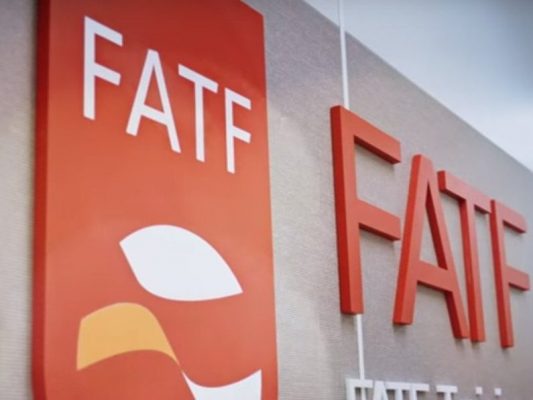“The move shows the other side doesn’t want to create a situation that creates a feeling of deadlock,” said Ali Akbar Salehi, the head of the Atomic Energy Organization of Iran, without elaborating further.
Speaking to reporters while visiting a technology exhibition in Tehran on Saturday, Salehi said Iran will explore this issue and will take decisions accordingly, ISNA reported.
The Financial Action Task Force on Friday gave Iran until June to bring its internal law into compliance with the body’s guidelines on fighting financing of terrorism and money laundering.
Iran has met some conditions for getting out of the FATF’s blacklist, but some related parliamentary bills are yet to be approved by related bodies in Iran.
Proponents of Iran adhering to FATF guidelines believe the measure would smooth Iran’s path to protect its foreign trade at a time when the US is bent on hampering Iran’s economic relations worldwide.
Opponents, however, cite national security concerns and possible problems that can be created for the country in circumventing the US sanctions as the reasons for their opposition.
Washington pulled out of the 2015 nuclear deal in May and reinstated anti-Iran sanctions suspended under the accord in the following months.
Leaving JCPOA on Iran’s Table
Salehi said Iran’s decisions on JCPOA are “measured” and Tehran would not be emotional on matters related to national interests.
“If the JCPOA monitoring committee and the Leader of the Islamic Revolution reach a decision that our presence in JCPOA is no longer useful, necessary orders will be made,” he said.
Iran has required Europe to compensate for the US withdrawal and protect Iran’s economic benefits under the accord or Tehran will move out of the pact.
The European powers have created a financial mechanism, known as INSTEX, to enable non-dollar trade between Iran and the EU, but they have suggested the removal of Iran from the FATF blacklist is necessary for the mechanism to be useful.
